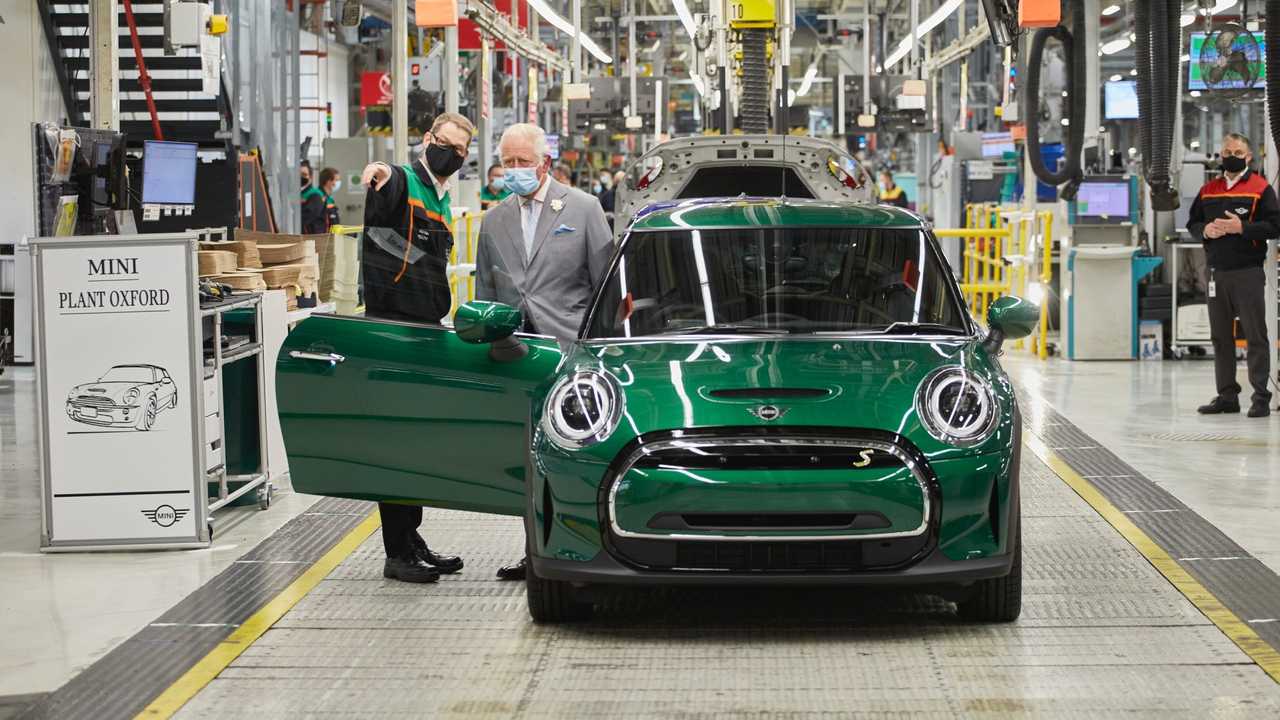In the ongoing negotiations between the European Union (EU) and the United Kingdom (UK) regarding rules of origin for electric cars, three potential solutions are currently under discussion among EU member states. The imperative is to secure an agreement by the year-end, first within the EU and subsequently with the UK.
According to sources cited by Bloomberg, the EU Commission has informally presented three options to member states, recognizing that any resolution necessitating an amendment to the EU-UK Trade and Cooperation Agreement (TCA) would require approval from the member states.
Background: As part of the post-Brexit arrangements, the UK and the EU established that starting in 2024, electric vehicles must have 45% of their components by value originating from the EU or the UK to qualify for duty-free sales across the English Channel. For batteries, this requirement is set at 60%. Failure to meet these criteria would result in the imposition of a ten percent customs duty. This measure aims to foster the development of a European battery supply chain.
Following this agreement, the British government sought a three-year postponement for the implementation of these rules. However, this request was declined by the EU in the summer.
Bloomberg reports, citing internal sources, that three informal options are presently being considered within the EU: extending the enforcement of the rules of origin for electric cars by three years to 2027, implementing a one-year “buffer,” or adhering to the existing plan for the rules to take effect on January 1, 2024. The Commission aims to find a middle ground that safeguards the automotive industry while encouraging increased battery production in the EU.
As per information reported by the Financial Times in September, a majority of EU countries, including Germany and the UK, are inclined towards a straightforward three-year postponement. However, some member states are reportedly open to the more complex one-year transitional arrangement. Previously opposed to a complete postponement, France is now signaling a willingness to consider the one-year “buffer.”
A delay until 2027 would likely be welcomed by car manufacturers on both sides of the English Channel. The industry expresses concerns that tariffs could amount to €4.3 billion over the next three years, as reported by Bloomberg’s sources.
Talks between the EU Commission and member states are expected to intensify in the coming days, recognizing the urgency of the matter.

